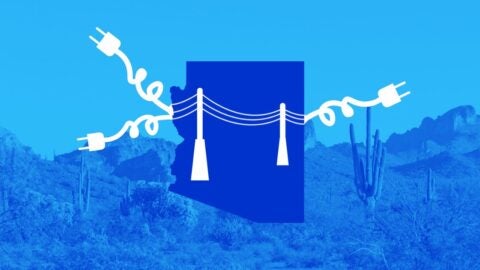Blog highlights including eye witness account of the Gulf tragedy
The health benefits of climate policy are explored by Kate Sheppard on Ezra Klein. Sheppard explains that
“health savings due to improvements in air quality alone would outweigh the potential costs of cutting carbon, as one study earlier this year found.”
On Grist, David Roberts dives into how the American Power Act will help clean up old coal.
“While we’re on the subject of existing power plants, there are other measures in the bill to accelerate the transition away from dirty coal, namely “financial and regulatory incentives, including expedited proceedings” for projects that shut down, retrofit, or switch fuels in old power plants. Depending on how powerful those incentives turn out to be and how performance-standards are implemented, the American Power Act could add up to a pretty decent way of taking on old coal. That’s something enviros have been seeking for decades.”
Also on Grist, there is a nice round-up of the recent showing of support for a climate bill.
“At last, Obama brings the love.”
Treehugger asks: “Who will answer our clean energy wake up call?” Leilani Munter, an environmental activist and race car driver, describes her personal experiences in Venice, Louisiana where she was confronted with the environmental degradation caused by the BP oil tragedy.
“I just got off the phone with one of my boat captains in Louisiana and he told me he saw six dead dolphins and ten dead turtles in the past few days….The only positive thing that can possibly come from this—the largest environmental disaster in American history—is if it causes us to change the way we are living on this Earth.”
On Businessweek, there is an 8 page excerpt from Eric Pooley’s new book: The Climate War: True Believers, Power Brokers, and the Fight to Save the Earth. This section focuses on how Duke Energy’s Jim Rogers
“helped break down his industry’s resistance to the carbon cap…What he did, beginning in 2006, was to join nine other Fortune 500 chief executives and the leaders of four national environmental groups to create a lobbying coalition intended to break the American business community’s de facto veto power over climate legislation. The U.S. Climate Action Partnership (USCAP), as the coalition called itself, got its start early that year when two green leaders, Fred Krupp of the Environmental Defense Fund and Jonathan Lash of the World Resources Institute, recruited Jeffrey R. Immelt.”












